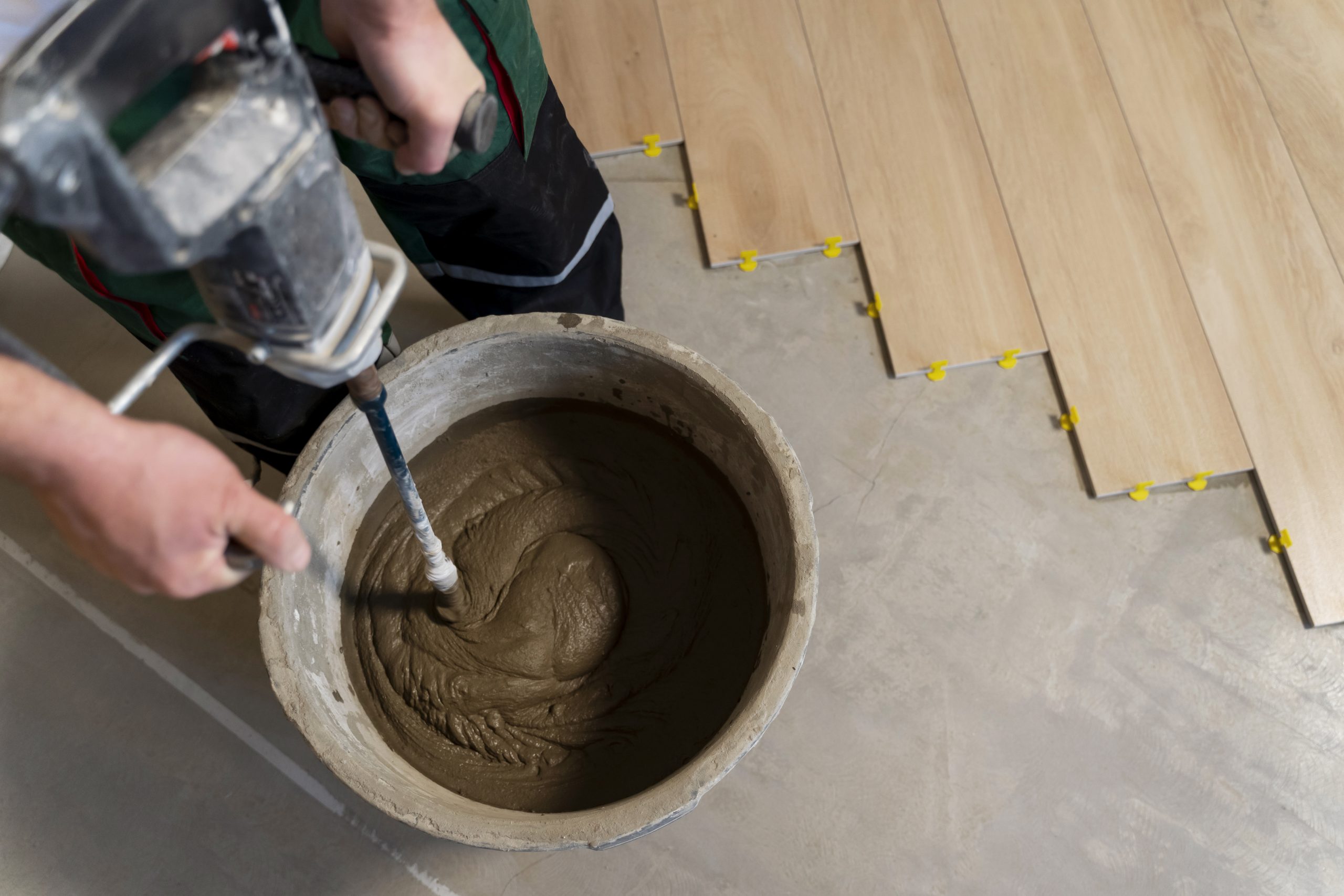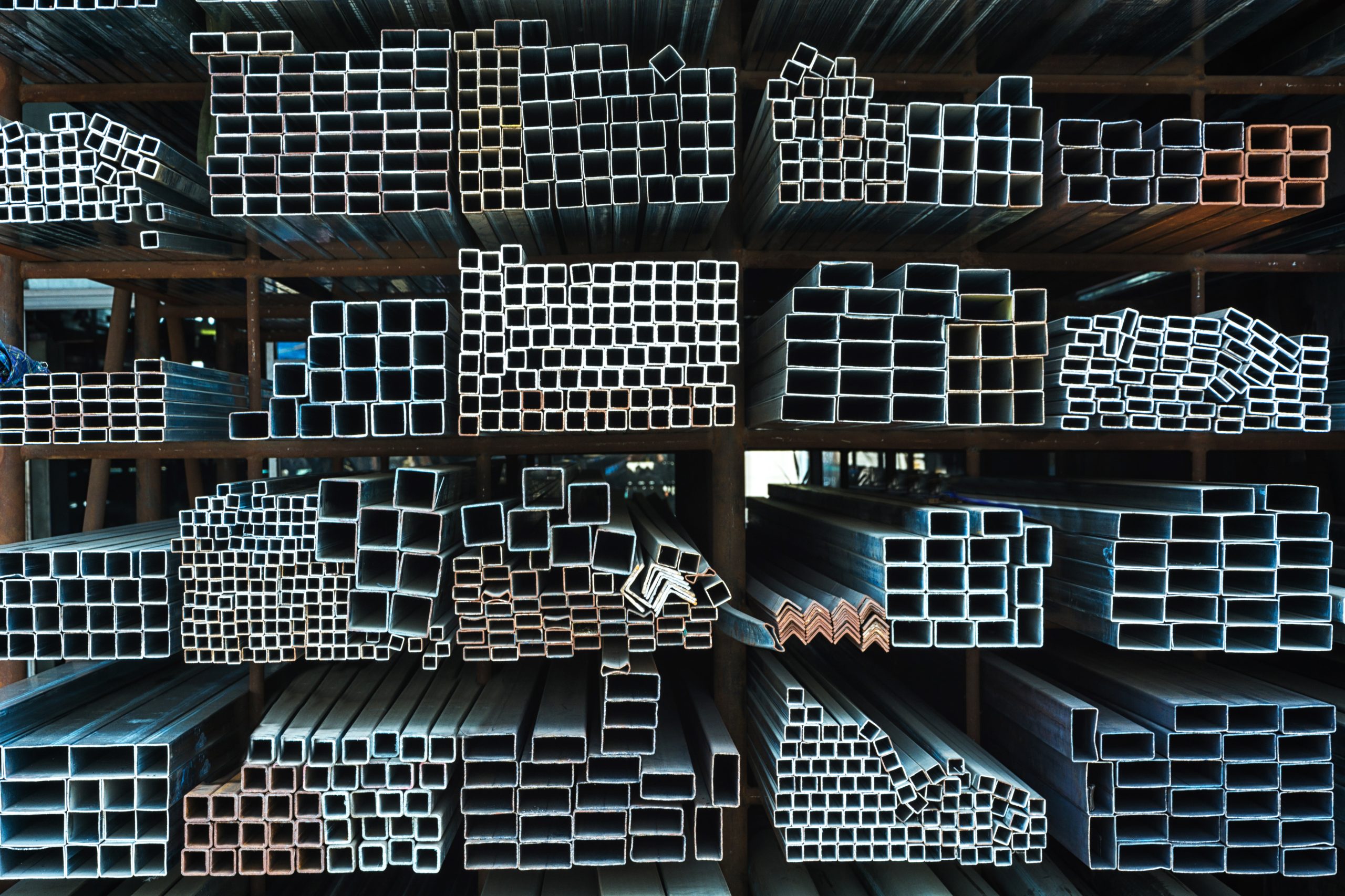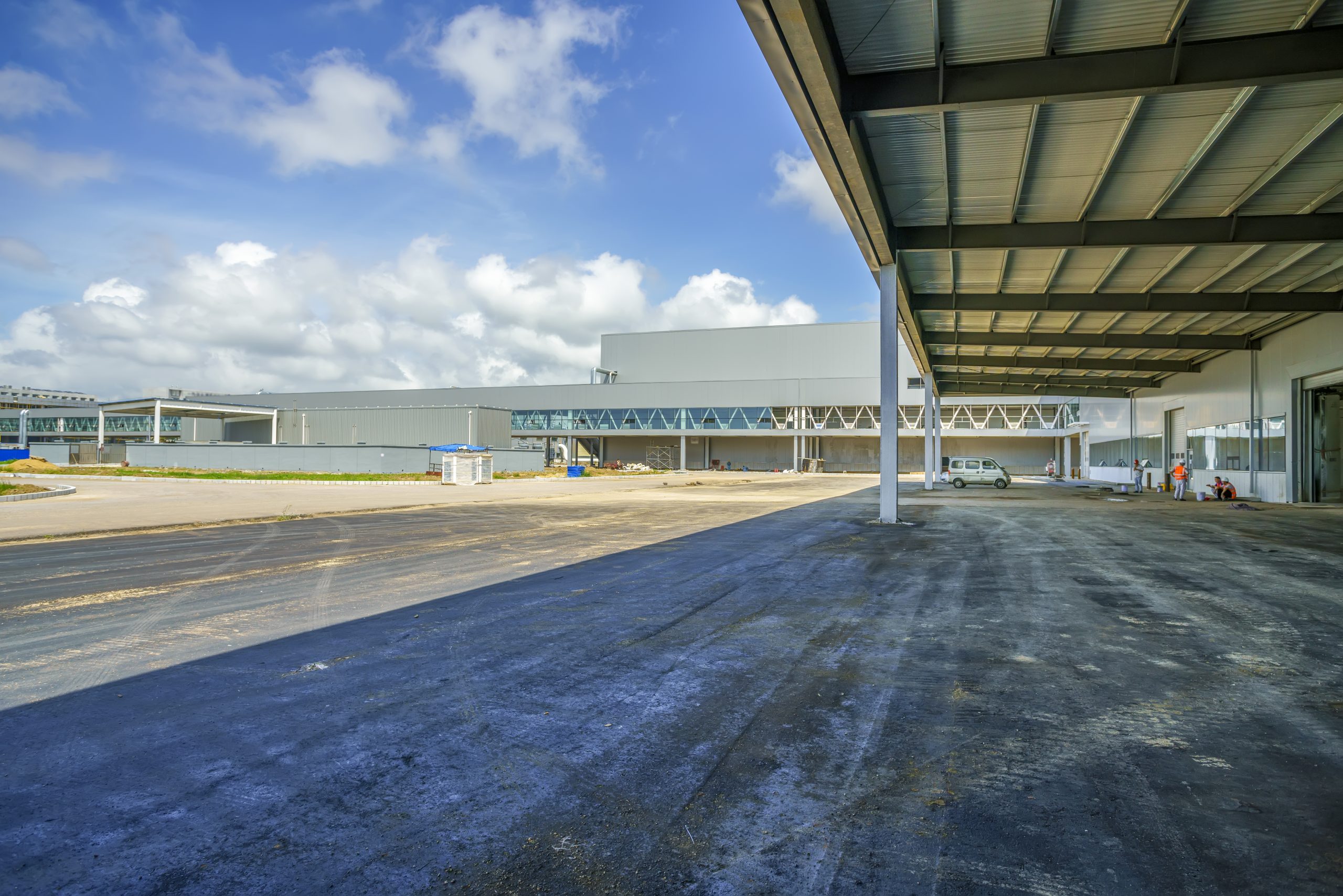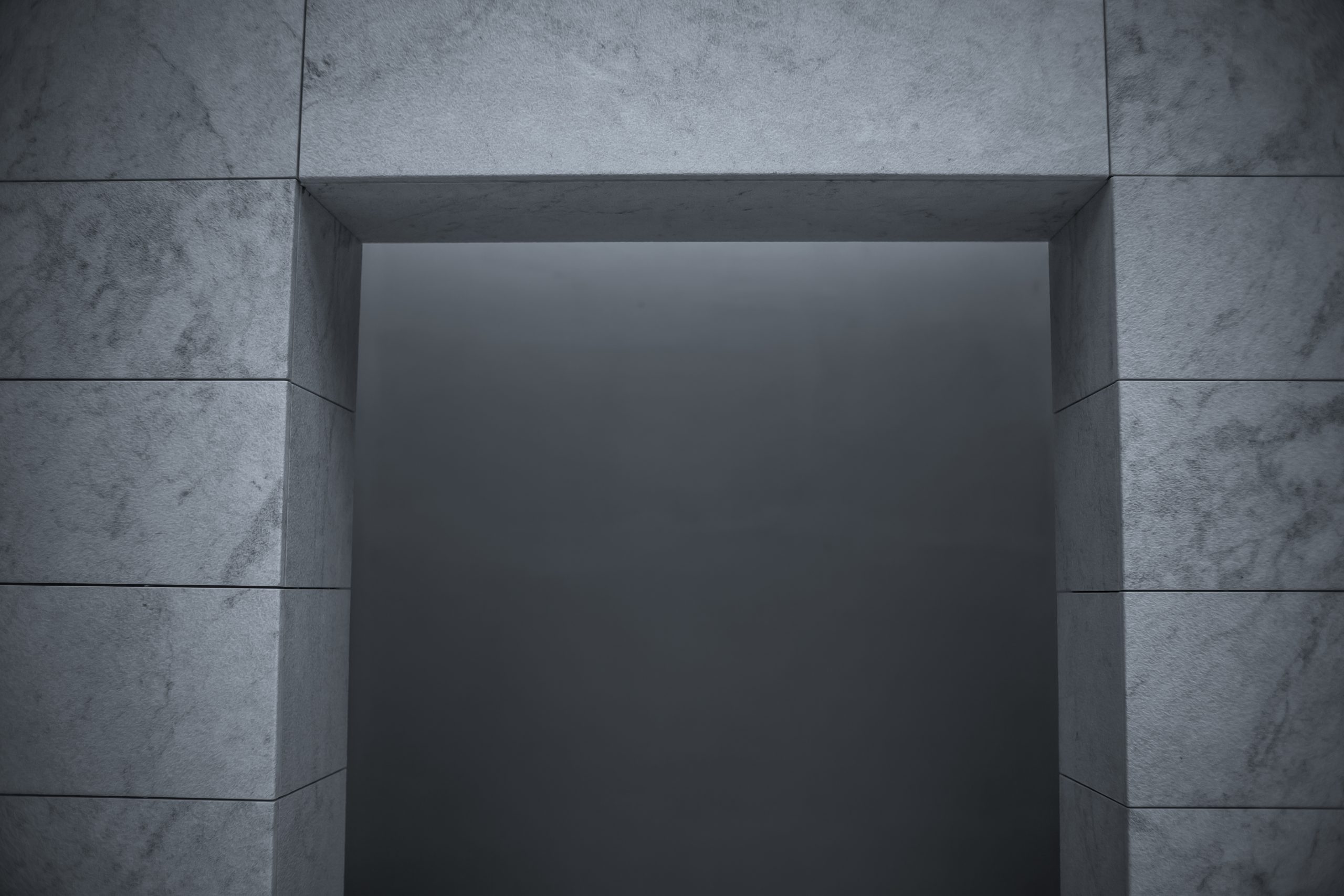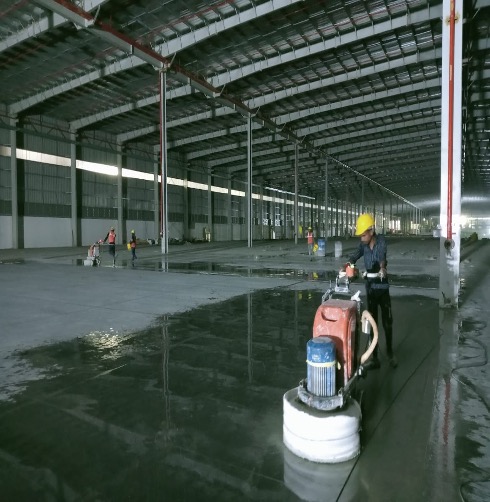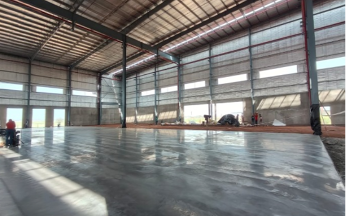When it comes to concrete flooring, quality control is the name of the game. Ensuring that every slab of concrete meets stringent standards can make a world of difference in terms of durability, safety, and overall performance. At Indus Arabia, we prioritize quality control to deliver top-notch flooring solutions that stand the test of time. In this article, we’ll dive into why quality control is essential in concrete flooring and how it benefits your projects.
Understanding Quality Control in Concrete Flooring
What is Quality Control?
Quality control in concrete flooring refers to the systematic processes used to ensure that the concrete meets specified standards of strength, durability, and performance. This involves meticulous planning, precise execution, and rigorous testing.
Why is it Important?
Quality control is crucial because it directly impacts the longevity and functionality of the flooring. Poor quality control can lead to issues like cracking, uneven surfaces, and premature wear and tear, which can be costly to repair and disruptive to operations.
Standards and Procedures
International Standards
At Indus Arabia, we adhere to international standards such as TR34 from the UK Concrete Society, ASTM E 1155 from the USA, and DIN codes from Germany. These standards ensure that our flooring solutions meet global benchmarks for flatness and levelness.
Indus Arabia’s Quality Control Measures
Our quality control measures include:
- Mix Design: Ensuring the right proportions of materials for optimal performance.
- Regular Testing: Conducting slump tests, cube tests, and temperature tests to monitor concrete quality.
- Precise Surveying: Using advanced tools to measure flatness and levelness accurately.
Benefits of Rigorous Quality Control
Enhanced Durability and Longevity
High-quality control practices ensure that the concrete flooring is robust and can withstand heavy usage over time. This durability means fewer repairs and lower maintenance costs, saving you money in the long run.
Cost Savings Through Reduced Maintenance
With rigorous quality control, the incidence of cracks, surface irregularities, and other defects is minimized. This translates to lower maintenance costs and less downtime for repairs, which can significantly impact your bottom line.
Improved Safety and Performance
A well-constructed concrete floor is essential for safety, especially in industrial and commercial settings. Quality control ensures that the flooring is level and smooth, reducing the risk of accidents and enhancing the performance of material handling equipment.
Case Studies
Industrial Warehouse in Riyadh
One of our notable projects involved an industrial warehouse in Riyadh. The client required a high-quality concrete floor that could support heavy machinery and storage racks. Through rigorous quality control measures, we delivered a durable and level floor that met all the client’s specifications. The project was completed ahead of schedule, and the client reported significant improvements in operational efficiency.
Commercial Facility in Jeddah
In Jeddah, we worked on a commercial office building that needed an aesthetically pleasing yet functional floor. By implementing stringent quality control measures, we ensured that the concrete floor was smooth and durable. The client was extremely satisfied with the outcome, noting a reduction in maintenance costs and improved overall appearance.
The Quality Control Process at Indus Arabia
Mix Design and Control
Our professional concrete technologists manage the mix design to ensure the right balance of materials. This includes controlling parameters such as:
- Workability: Ensuring the concrete can be easily placed and compacted.
- Compressive Strength: Ensuring the concrete can withstand heavy loads.
- Shrinkage: Minimizing the risk of cracks as the concrete dries.
- Bleed Rates: Controlling the amount of water rising to the surface.
- Setting Times: Ensuring the concrete sets at the right pace.
Regular Testing Procedures
We conduct various tests to ensure the quality of the concrete:
- Slump Tests: Conducted at least twice a day to measure consistency and workability.
- Cube Casting and Testing: Concrete samples are cast into cubes and tested at 7 and 28 days to determine compressive strength.
- Temperature Tests: Regular monitoring of the concrete temperature to ensure proper curing and performance.
Precise Surveying Techniques
Accurate surveying is essential for achieving flat and level concrete floors. We use tools like the Engineer’s Precise Level and Parallel Plate Micrometer to take level readings with 0.1mm accuracy. This ensures that the floor meets the required flatness and levelness standards.
Documentation and Accountability
Transparency and accountability are critical components of our quality control process. All test results are meticulously recorded and submitted for review. This documentation ensures that all aspects of the project meet the required standards and provides a clear record for future reference.
Conclusion
Quality control in concrete flooring is not just a process; it’s a commitment to excellence. At Indus Arabia, we ensure that every project meets the highest standards of durability, safety, and performance. By investing in rigorous quality control measures, we deliver flooring solutions that not only meet but exceed our clients’ expectations.
Ready to ensure your concrete flooring project meets the highest standards? Contact Indus Arabia today to learn more about our comprehensive quality control measures and how we can help with your next project.


